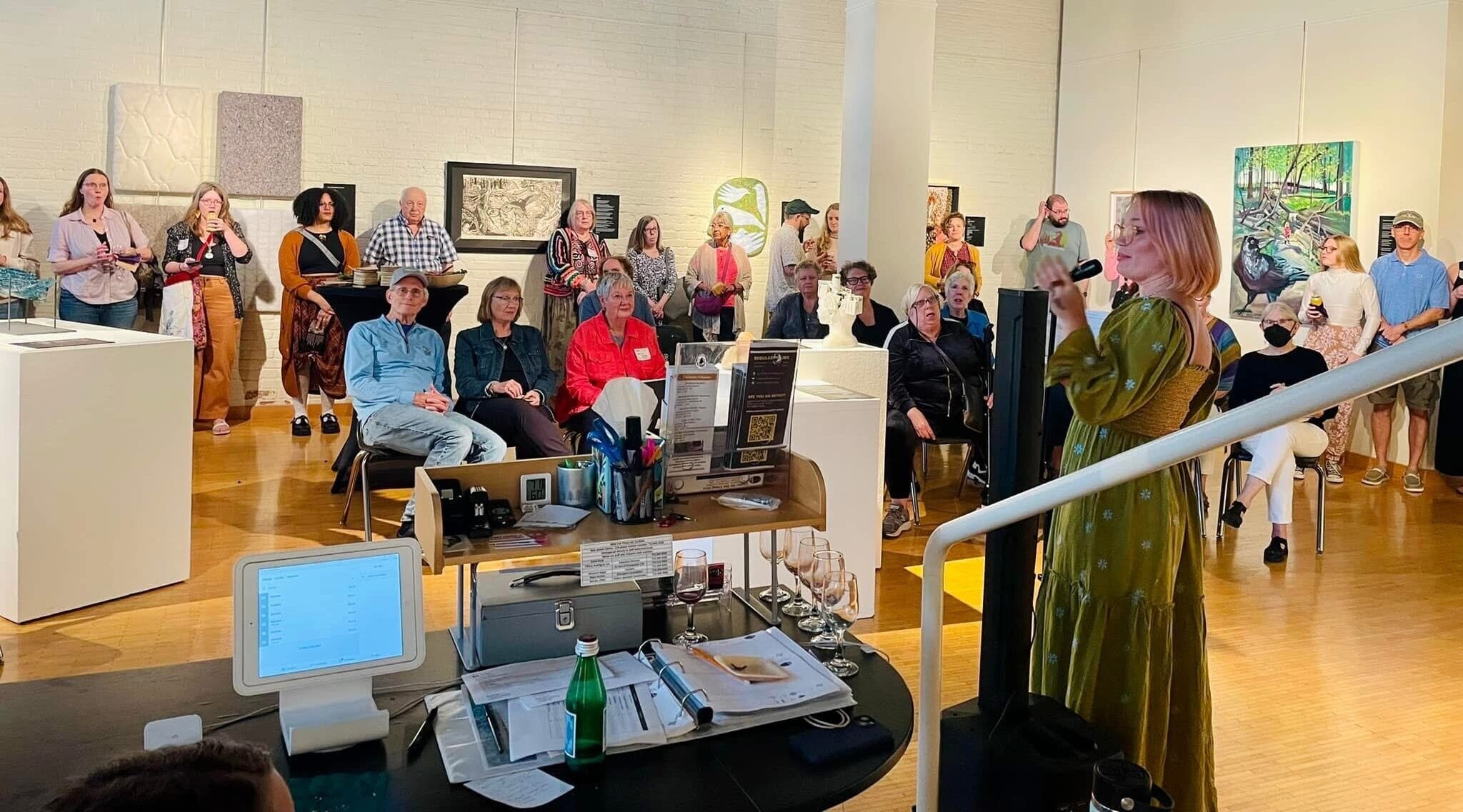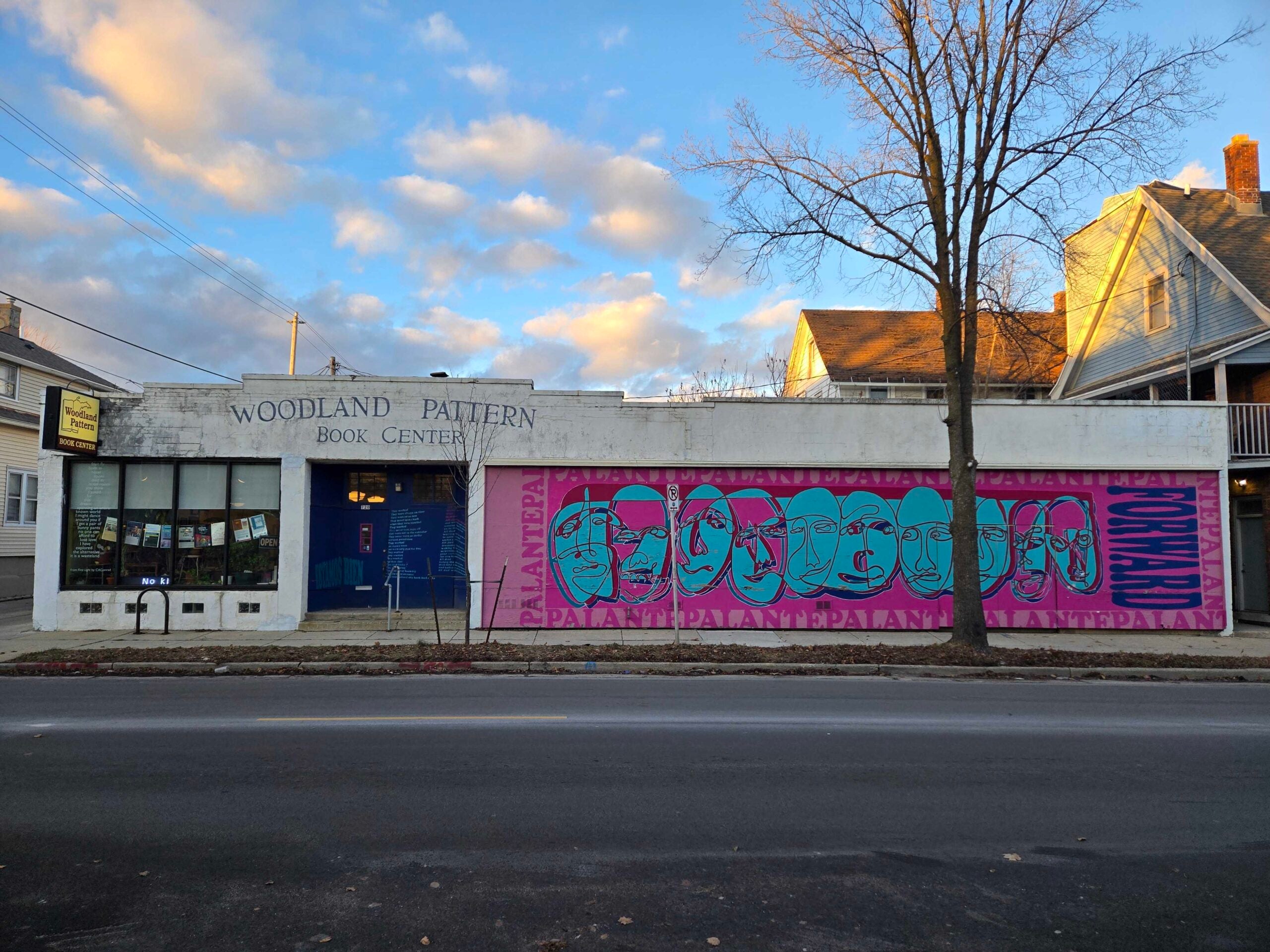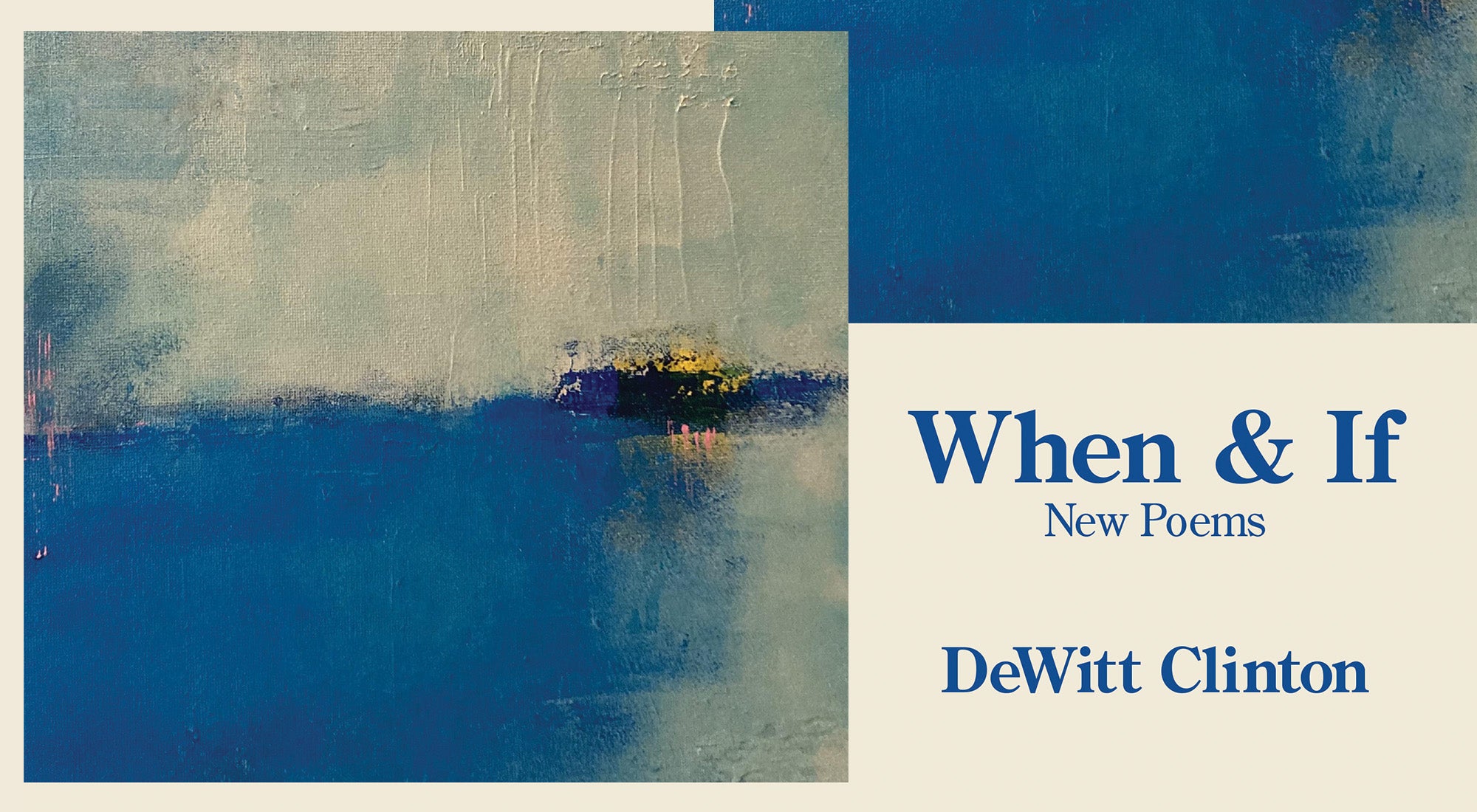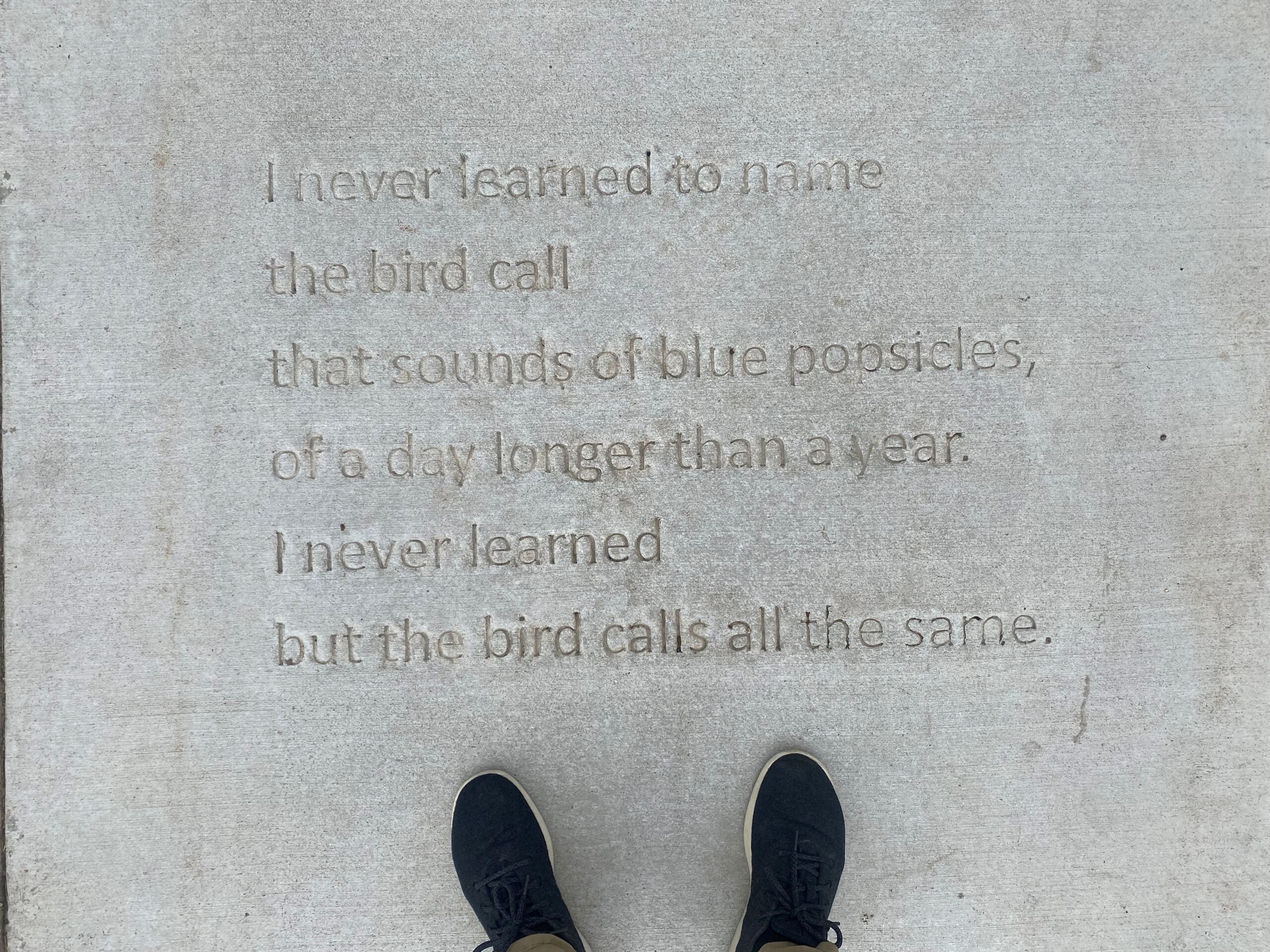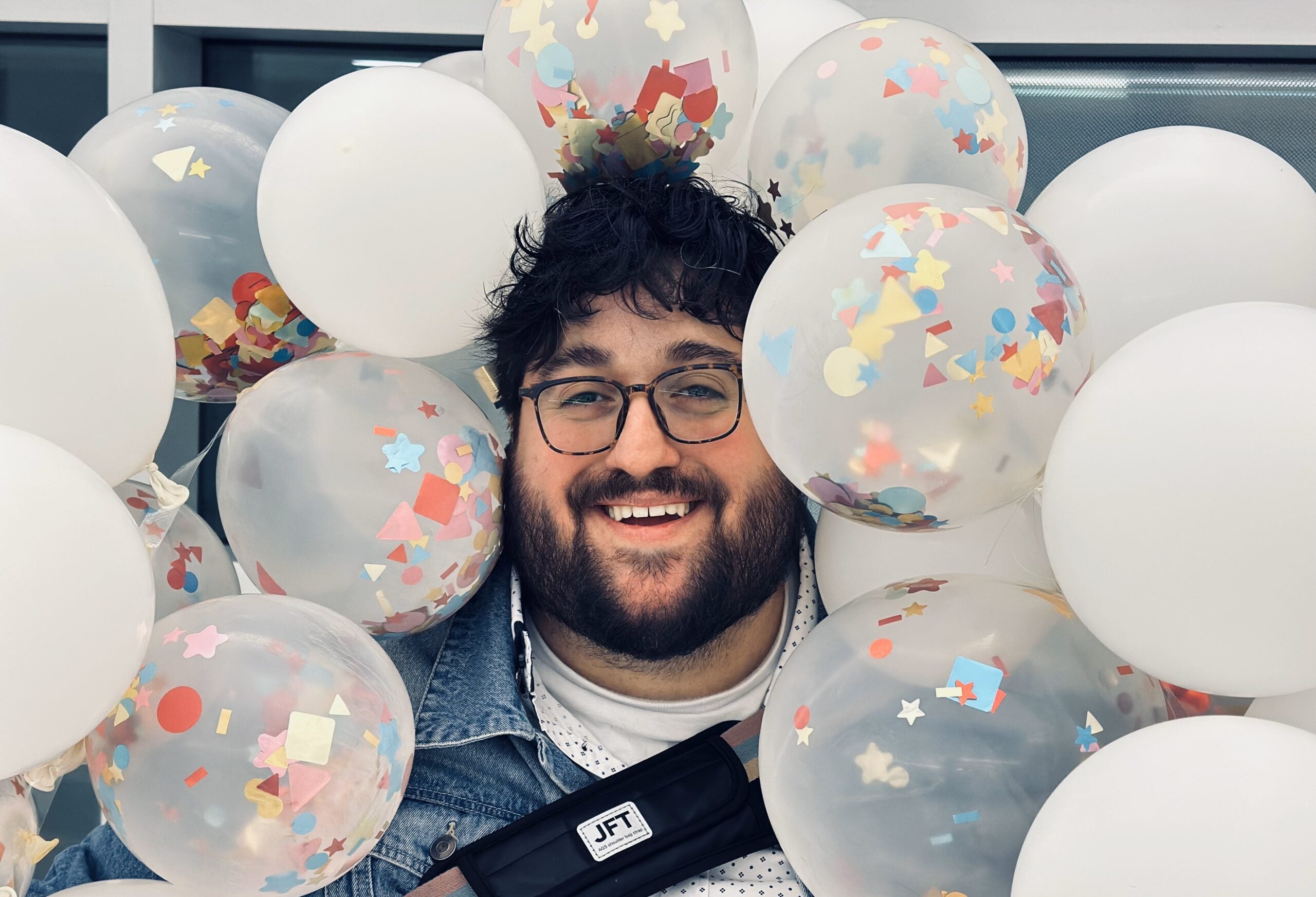As Wausau celebrates National Poetry Month, Tiffany Rodriguez-Lee is using her platform as the city’s second poet laureate to foster connection, creativity and reflection through the written word.
In a conversation with WPR’s Shereen Siewert on “Morning Edition,” Rodriguez-Lee, who also serves as executive director of the Center for Visual Arts, spoke about the significance of the poet laureate role and its surprising presence in a mid-sized city like Wausau.
“I think it’s really unique that Wausau, being the size that it is, has such a great program and promotes that,” Rodriguez-Lee said. “It means a lot to people. I think we should be proud of that. ”
News with a little more humanity
WPR’s “Wisconsin Today” newsletter keeps you connected to the state you love without feeling overwhelmed. No paywall. No agenda. No corporate filter.
Her twofold mission as poet laureate includes creating original poems for public events and curating opportunities for residents to explore poetry for themselves. That includes free workshops for community members who might never have picked up a pen for creative writing before.
“I think right now, it’s really important for everybody to feel heard and connected through using their words,” she said.
Wausau is among a small number of cities in Wisconsin with a formal poet laureate program. Rodriguez-Lee hopes her tenure helps demystify poetry while preserving its power as a vehicle for storytelling, memory and cultural heritage.
As part of her work, Rodriguez-Lee also encourages young writers to experiment freely and without self-judgment, helping them discover their voice on their own terms.
Rodriguez-Lee’s said her poetry is deeply influenced by her lived experience in central Wisconsin, her Puerto Rican heritage and time spent in larger cities and abroad. That blend gives her a broad lens through which she writes and teaches, often highlighting the people and natural beauty that define the region.
The following interview was edited for brevity and clarity.
Shereen Siewert: What does the role of Wausau’s poet laureate mean to you?
Tiffany Rodriguez-Lee: We see a handful of cities in the state that support laureate programming. When I’m out and about throughout the state, introducing myself, people are always a little surprised that we have one.
For me, personally, the role of poet laureate is twofold. There’s the stuff you’re required to do, which is writing poems for certain occasions and reading for certain events, which is really fun. The second part involves my own spin, which is bringing free workshops into the community for different segments of the population. Often, these are folks that haven’t really written much before or are just there to experiment. That has been one of my greatest joys in this role, bringing those opportunities to people that might normally have that.
SS: How does living in central Wisconsin shape the imagery or the themes in the poetry you write?
TRL: It does a lot, actually. I’ve lived here for 12-13 years but have lived in other places and spent time in bigger cities and different parts of the world. I am half Puerto Rican. It is interesting to live in central Wisconsin because I have had experiences from other parts of the world that I’m able to bring here. I’m also very much embedded and deeply love and care about this community that I live in and represent. Everything I do is taken from that wide lens, but central Wisconsin is very connected.
I know we’re living in a time where things might feel a bit disconnected, but this community, when you find the right people, is so special. I’m able to showcase the wonderful people we have here, and the beautiful landscapes we have. It’s a creative community and I lean into that when I write and celebrate that and the good things we have here.
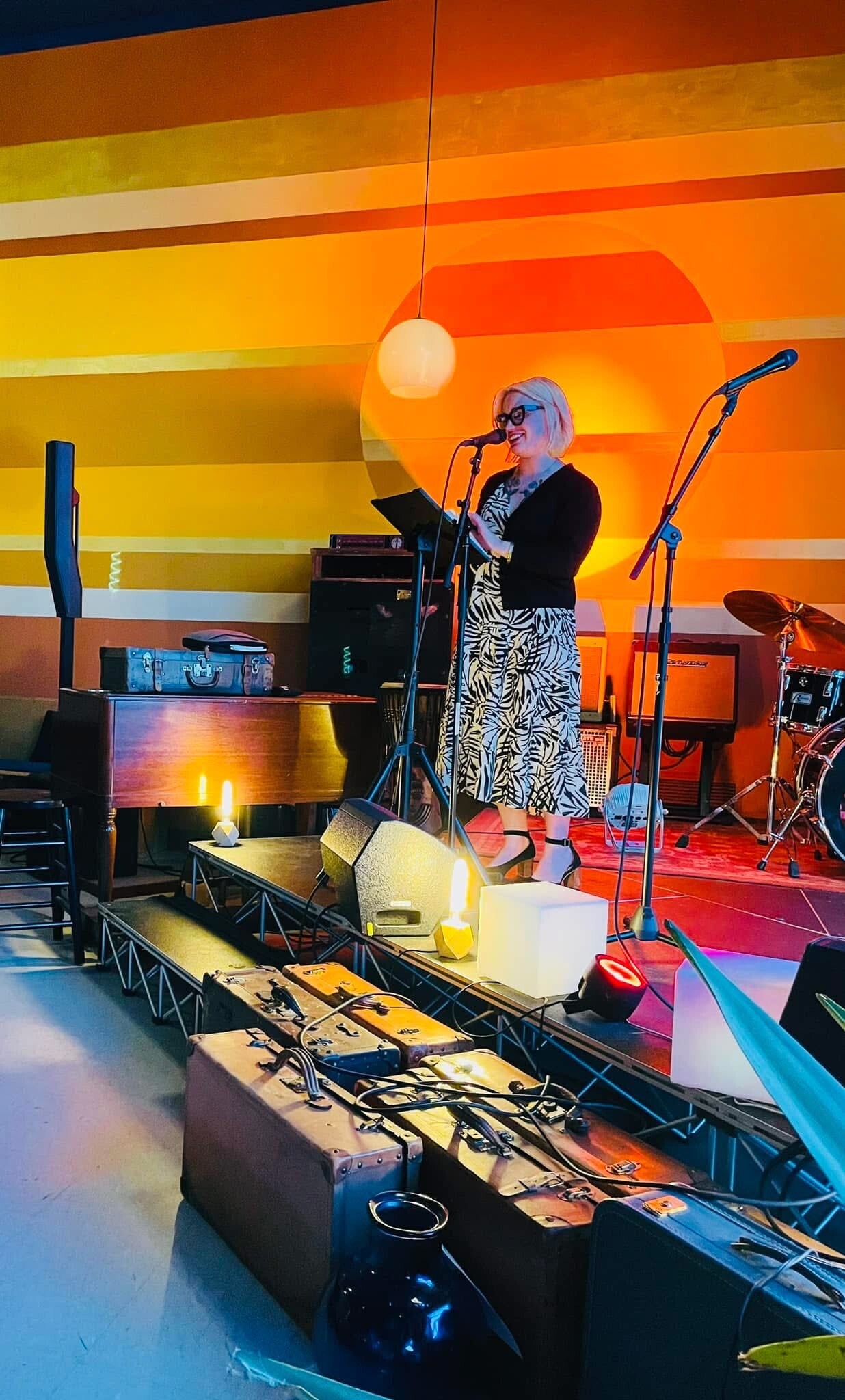
SS: What do you think poetry can offer us at a time when so much of our public discourse feels polarized or fractured?
TRL: It’s a creative outlet. I work in the arts by day, a lot of visual art programming, but poetry is absolutely an art form that can be a release. I see that a lot when I work with youth and high school students who want to write and tell their stories. Poetry doesn’t have to be this big, fancy, elite, long-form thing. It can be one line. It can be whatever you want it to be. Using that as a way to express ourselves and hear other people’s stories helps us learn and helps us find people who feel those same things that you’re feeling.
SS: What advice do you give to young writers or new poets about finding their own unique voice?
TRL: I would say to be patient with yourself, but don’t limit yourself. Let everything out. I ask them to start with a free write, and that’s where all the stuff comes out. It’s important to let everything come out first, then take a step back and think about what just happened or whatever you poured onto the page. Then, work from there. Voice changes. My voice as a poet has changed multiple times throughout the last decade but I try to focus on just letting it out. Just do it. This isn’t graded. It’s not a paper.
What are you feeling? What are you seeing? What are you hearing? What do you need to let out? Just making sure there are no parameters lets people figure it out for themselves.
SS: What role does poetry play in honoring or preserving local history and culture?
TRL: It does play a role, and I think that can be overlooked. Sometimes I feel as though I’m writing to make sure people hear what I have to say. But the poet laureate role has required me to think very much outside of myself and think about the community and the role I play here. Poetry, written words and storytelling have always played a role in how we preserve culture and the way we preserve history, and the role of poet laureate has been no different.
I try to capture periods of time that I’m experiencing while also referencing where this community has come from and where we began. It’s an interesting blend to add my own voice and how I see the community while preserving all of the things we know that the greater Wausau area has experienced in the past.
SS: We’re marking National Poetry Month in April. What would you encourage people to do right now to connect with poetry in their own lives?
TRL: If you don’t feel like writing, read something. Give it a try. I really try so hard to encourage people to participate in poetry and the written word because it really can just be whatever you want it to be. It doesn’t have to be this weird thing that you don’t understand. You can consume it. You can enjoy it. Something as simple as writing each morning what I have going on today and how I feel about it can be poetry, too. It’s all poetry that you can read and consume.
If you have an idea about something in central Wisconsin you think we should talk about on “Morning Edition,” send it to us at central@wpr.org.

